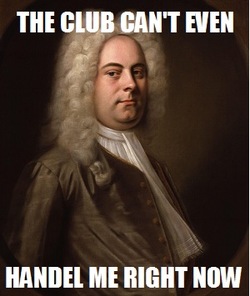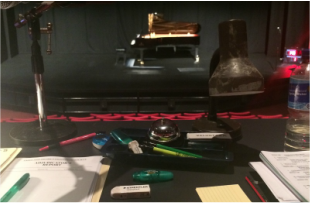 There’s a perception that classical musicians are different to pop musicians. On some level, this is true when it comes to learning experiences, and as teachers, we need to choose the right pedagogy for the style being studied. However, there are some similarities across all styles of music and we can use these similarities to bring relevance to new music when expanding student musical horizons. So what types of experiences can we give students?
In the classroom, we can start with these common music-making skills that exist across genres and use these to create relevance for the student from known music to the unknown. This way, we can create a balance between what is seen as 'classical' and what is seen as 'pop'. From here, we can then hone in on specific pedagogies to learn specific styles. Music pedagogy, for ourselves as musicians, and for our students, need to authentically align with the musical style we are studying. We need to model ourselves as 21st-century musicians and interact with music in a musical way, not merely a historical and theoretical way, in order to remain relevant. More reading
3 Comments
 Here's my ultimate but simple list for choosing performance repertoire. It's a list I've gathered from listening to many recitals and eisteddfods and has been helpful for me when discussing repertoire with students. I'll keep adjusting this and would love to hear any of your suggestions too. CHOOSE: - something that is engaging - something that you like - something that has artistic merit - something that is revealing - something that is rhythmically fun - something that is a little risky but still within your capability - something that is written specifically for piano/keyboard STAY AWAY FROM: - new arrangements or compositions that lack musicality - something that is too hard for your ability - something that is too safe - something that is too boring - something that you hate THINK CAREFULLY WHEN CHOOSING: - pieces that are well-known - reductions - pieces that lack a melody - pieces that are too long or too short - pieces with offensive titles or meanings CHECK: - that you understand the style of the piece and can play it in that style - that you are on top of all the technical demands of the piece - that you have all copyright permissions needed to perform the piece - that the piece suits the occasion and the audience |
My BlogReflections/news on music, piano and music teaching, and anything else that pops up. Archives
October 2021
Categories
All
|
 RSS Feed
RSS Feed